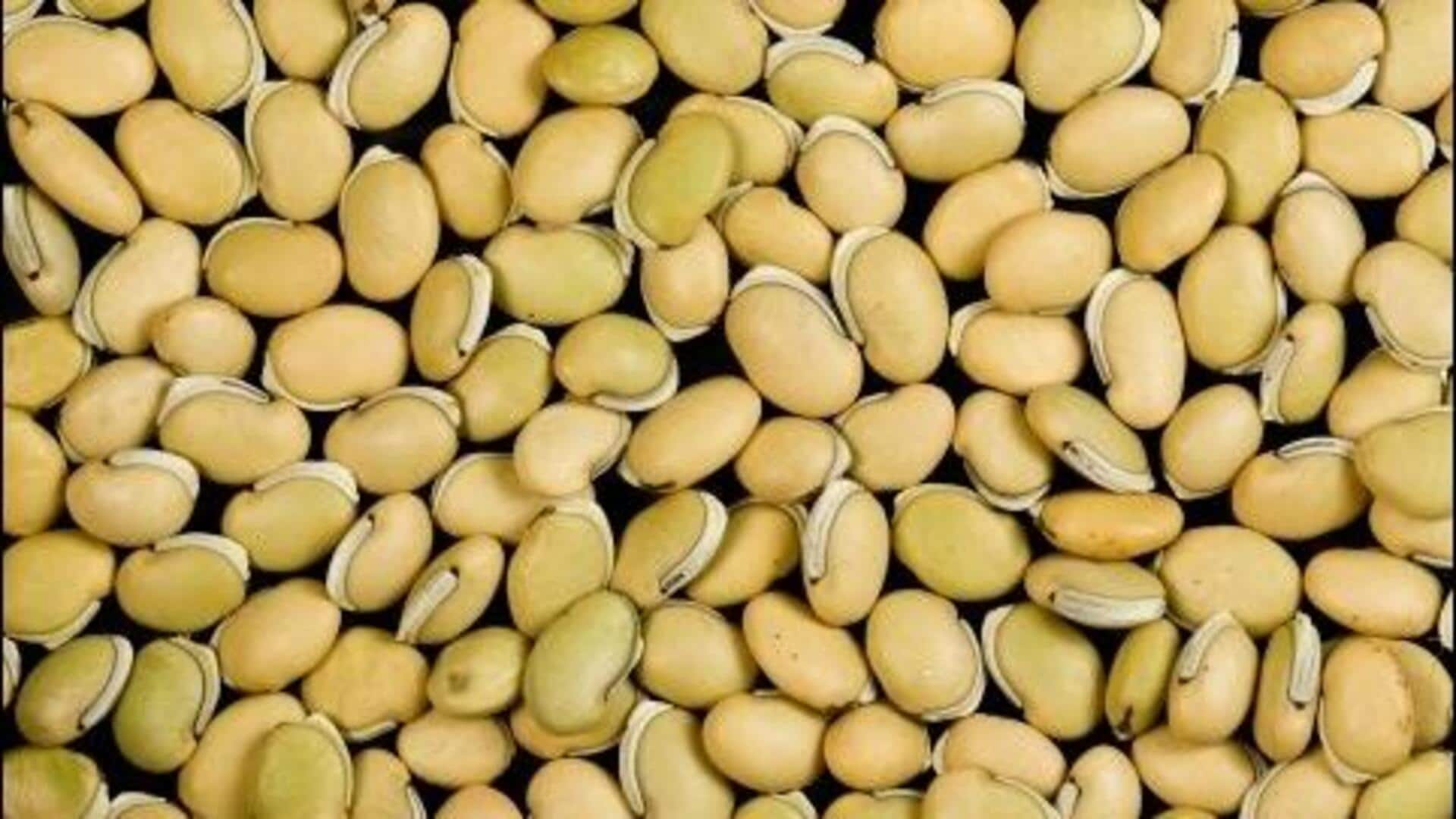
Marama beans: Nutrition, uses, and more
What's the story
Native to Africa, marama beans are making waves for their nutritional benefits. The beans, which are drought-resistant and grow easily in the hot and arid regions, can make a sustainable food source. Packed with protein and other essential nutrients, marama beans offer several health benefits. They can be easily used in the kitchen and replace other legumes. Knowing the benefits of marama beans can promote their use in diets globally.
Nutrients
Nutritional powerhouse
Marama beans are loaded with protein, making them an excellent plant-based option for anyone looking to boost their protein intake. They are rich in essential amino acids that help with muscle growth and repair. These beans are also high in dietary fiber, which supports digestion and a healthy gut. Their nutritional profile is further boosted by vitamins like vitamin E and minerals like magnesium.
Cardiovascular
Heart health benefits
Eating marama beans could be good for your heart as they contain low cholesterol. Their high fiber content helps in lowering bad cholesterol in the body, potentially reducing the risk of heart disease. Further, the presence of antioxidants fights oxidative stress, which is associated with cardiovascular problems.
Weight control
Supports weight management
Including marama beans in your meals can help you keep those pesky pounds in check because they are high in fiber which ensures you feel full. Feeling fuller for longer can help you cut back on calorie intake during the day. Furthermore, they also have a low glycemic index, which means they release energy slowly without causing your blood sugar levels to spike.
Cooking tips
Versatile culinary uses
Like other legumes, such as chickpeas or lentils, marama beans can be prepared in several ways. They can be roasted for snacks or ground into flour for baking purposes, such as bread or pancakes. Their nutty flavor adds depth when included in soups or stews, while also being suitable additions to salads or side dishes.